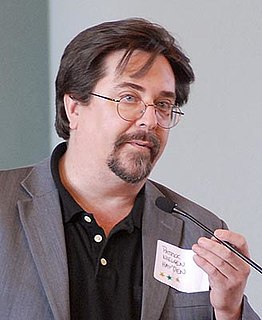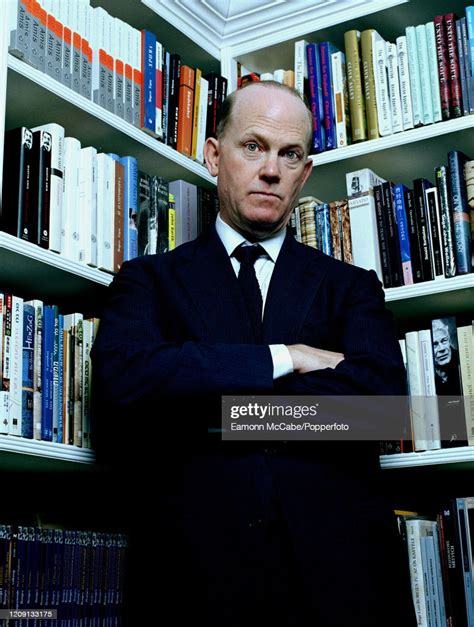A Quote by Andrew Latimer
There's a reason that so much good material is coming down to the small presses: it's difficult to turn a profit, all things considered. But you can't go into small press publishing and complain about the money. Our Little Island publishing just needs to survive. If we're still around in a few years - in vaguely the same shape as we are today - then, to me, that's success.
Related Quotes
Like a lot of small press founders I was looking for a way into publishing - as well as a way out of academia. Without moving to London, I couldn't see a way of working for a publishing house whose work I liked. Believe it or not, the simplest way for me to get into publishing was to start my own press.
You know how some people are upwardly mobile? I'm sort of downwardly mobile in the publishing world, because of my sales figures and also because of the kind of books I write. Everything really counts on sales. I started out with a bigger press, my first few books. But I've always done some things with independent and small presses and small magazines and I always will.
If you go too small, you can't get the performance you need out of the small little parts. And if you go too big, the puppet gets difficult to move, because it's too heavy, and there's too much material, and it becomes this exercise in just moving these massive parts around. So there is a natural scale that makes sense for stop-motion.
What, for me, was exciting about America was just this extraordinary, complex, difficult, fascinating country, and Britain can feel very small. London, in particular, feels small because everything happens there, so you have publishing, politics, you have finance; everything in Britain happens in London.
Memoirs are going to be problematic sells for a while, though, because even if memoir means "based in memory," right now, in the collective mind, memoir means "recovery." When my agent and I started looking at small presses the possibility for my book, I realized most small presses were not publishing memoir, because they don't want to be associated with the genre that Mary Karr calls, half-facetiously, "literature's trashy cousin."
Depending on where you live, your threat is much different from the other person. If you ask a New Yorker today, because of the way the press plays it, he will say terrorism is his biggest fear. But for somebody living on a small island state, then it is climate change, the rise of the sea level, for his whole island may be washed away. If I go to southern Africa, they tell me it is HIV/AIDS and somewhere in Asia it is poverty. This is also why you will find it difficult to find agreements, because if you want someone to be concerned about your threat, then you should be concerned about his.
I know publishing now more as an author than with occasional peaks inside those elite offices than as an industry insider. It was difficult publishing a novel the first time around, while working behind the scenes, knowing all that has to happen to make a book a success and to still make the leap as an author.
Undisputed ends when I return to the WWE in 2007. There is already 3 ½ years of material including the 3 best years of my career. Undisputed is going to do even better than A Lion's Tale, there is no reason to not do #3. The material I have for #3 is just as good as the first 2. I still have a few years to go before I write but I would definitely like to write another one. But it is not about the numbers, it is about the quality. If I don't think it would be as good, I won't do it
Most novels put out by small or corporate presses don't really sell that well - usually a thousand copies or so. Working with a small press, you have to be willing to book reading tours, plan events, make contacts with other small press authors, and find new ways of getting word about your new work out there.



































